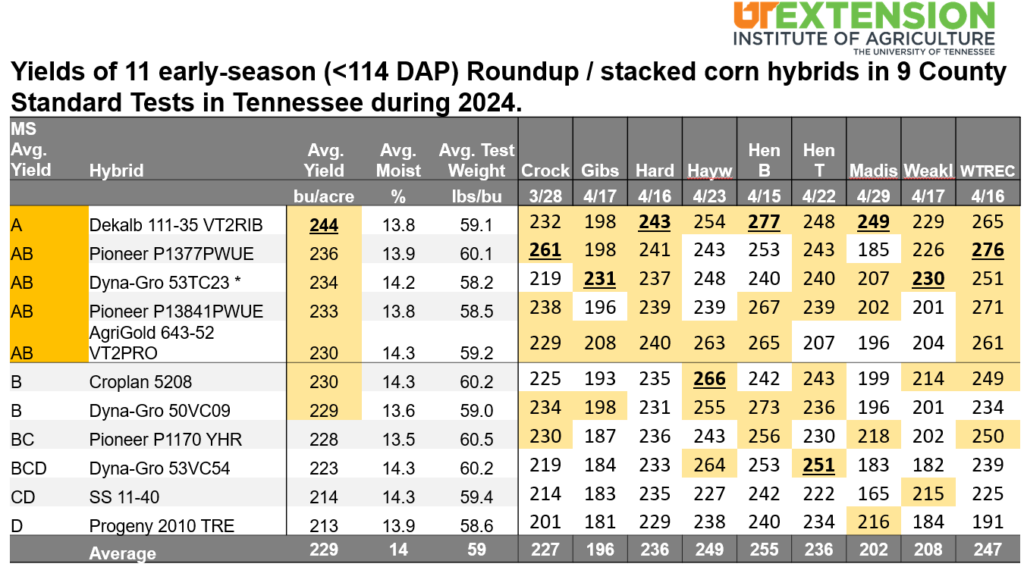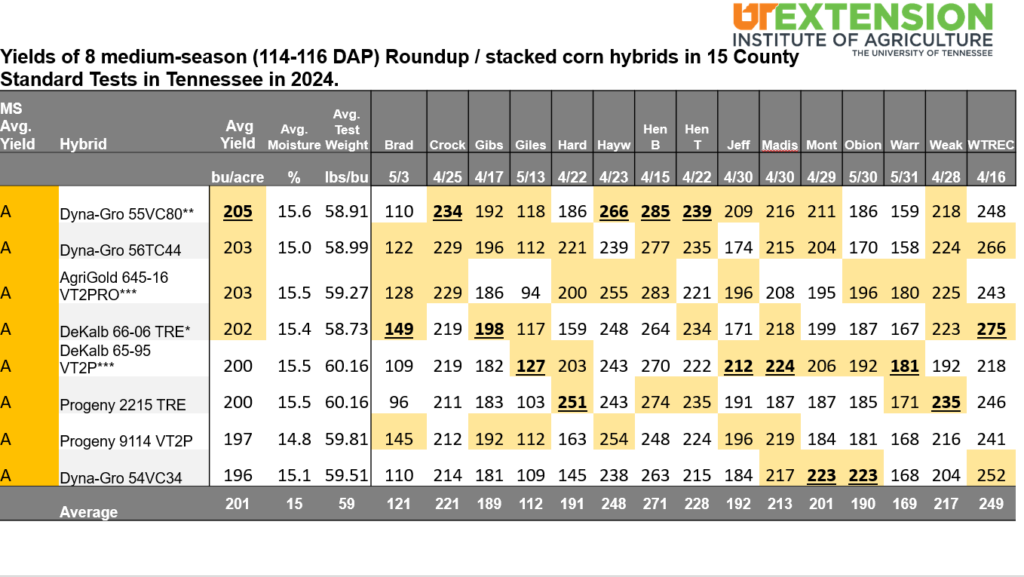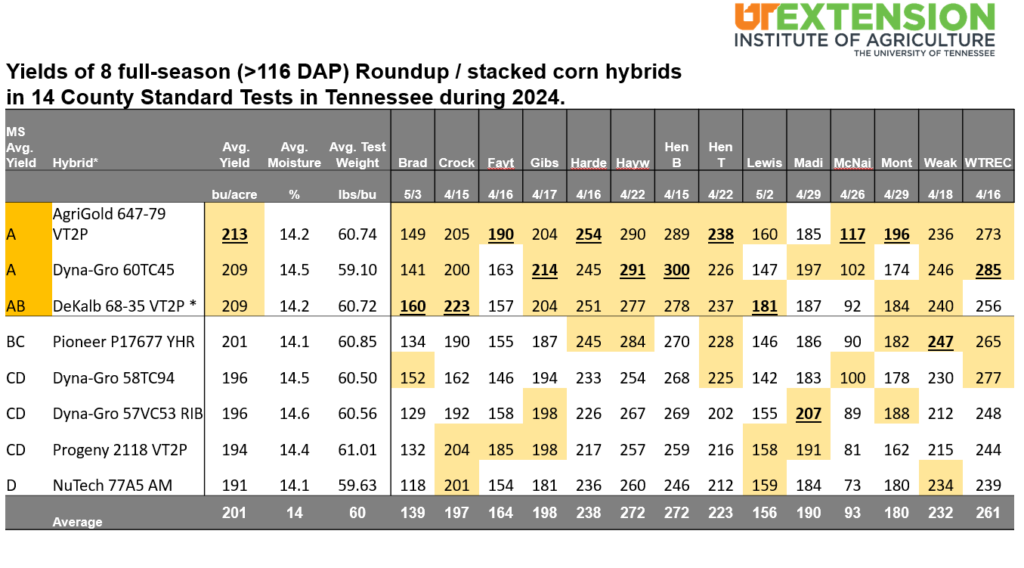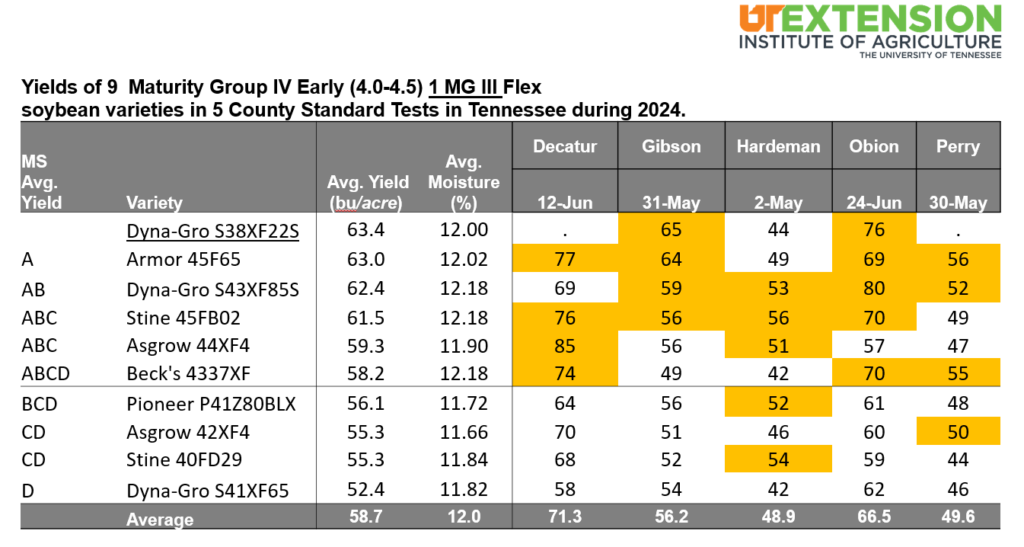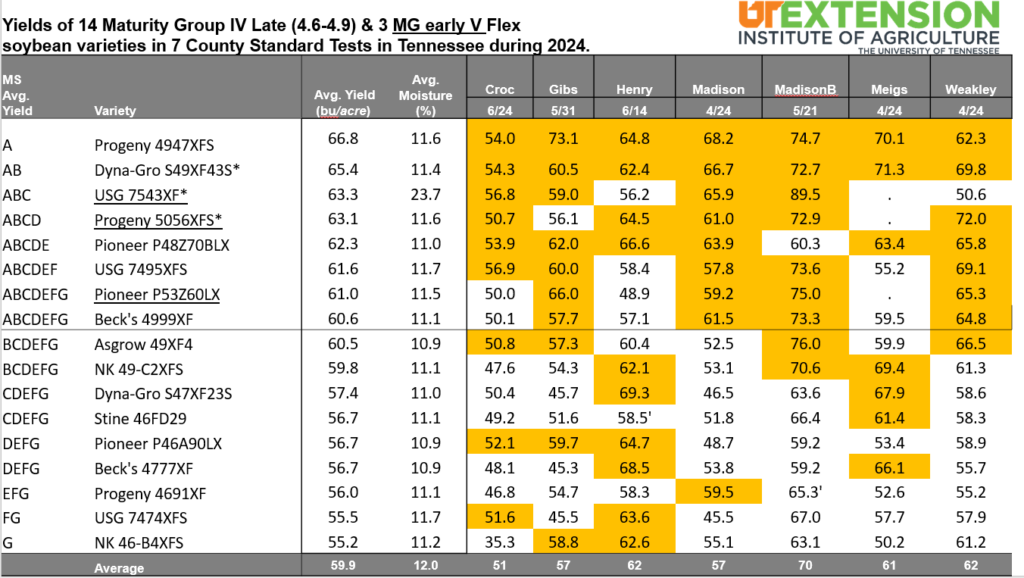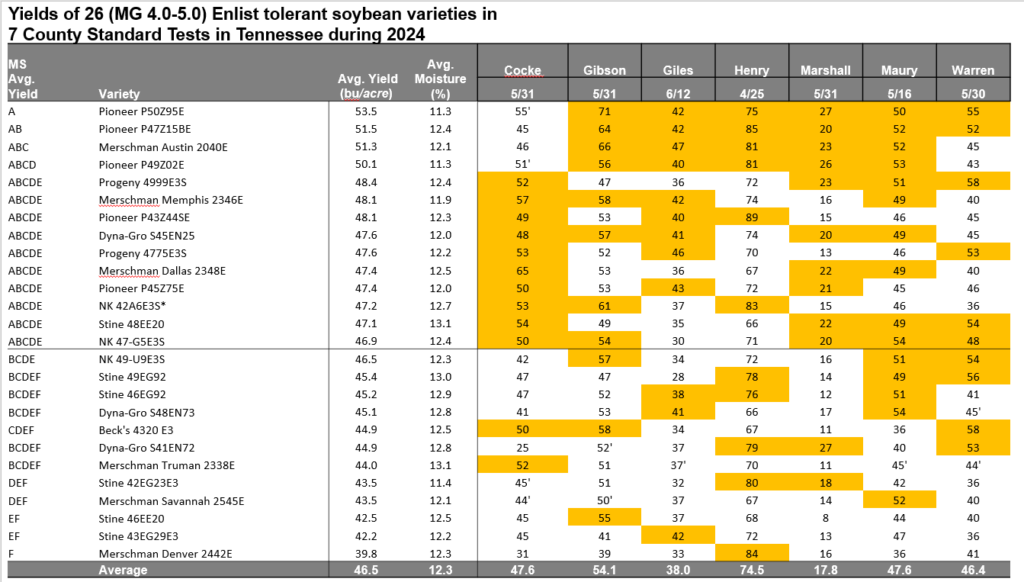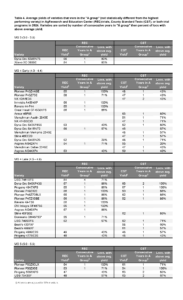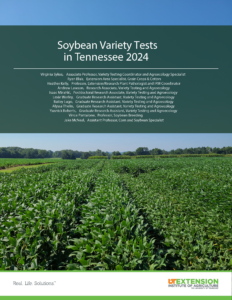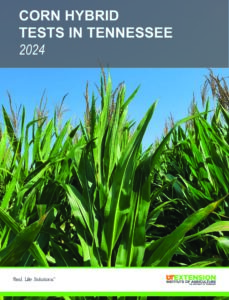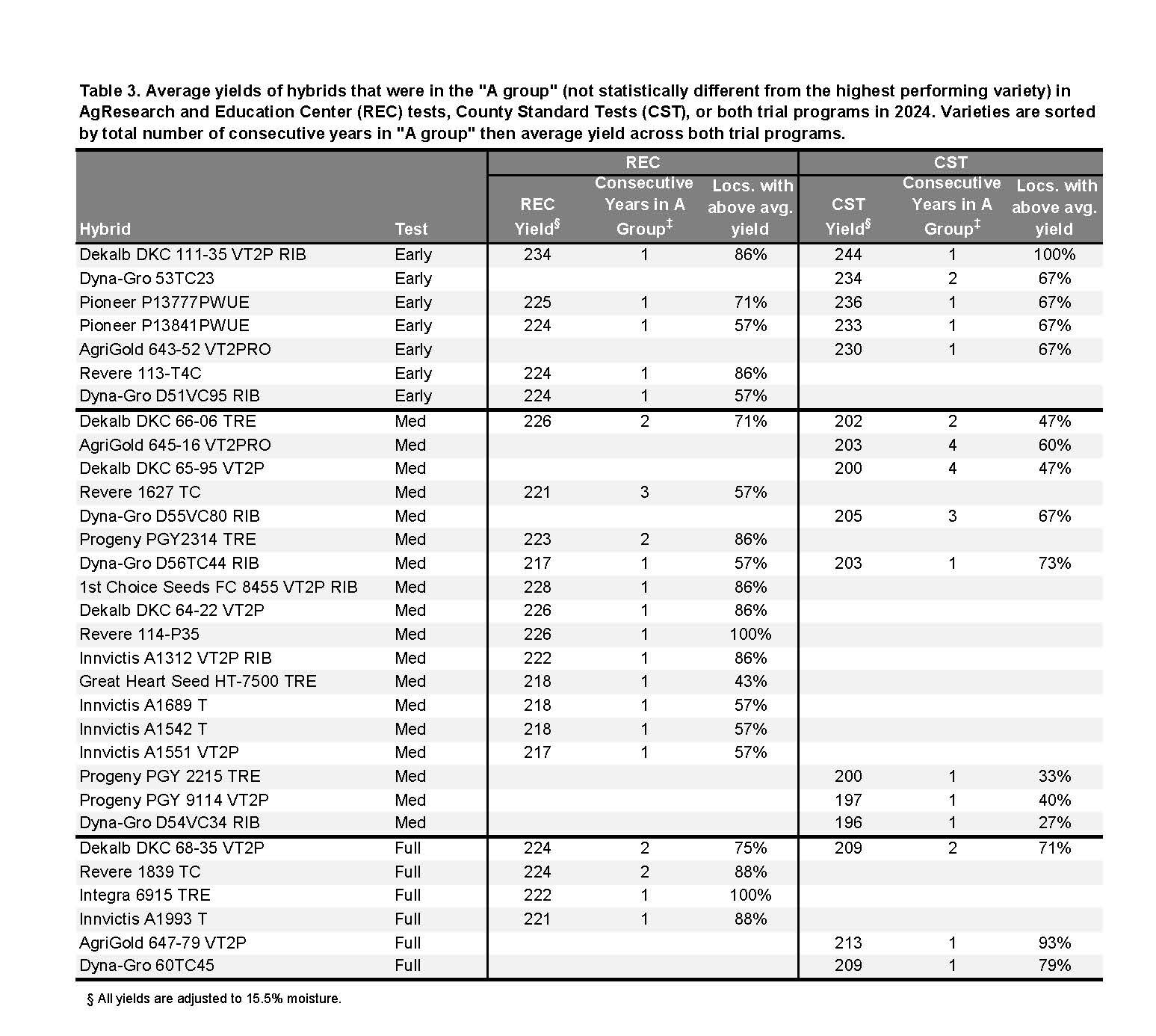The CST program consist of large, on-farm strip trials across the state to evaluate yield performance and adaptability of new and commonly used varieties/hybrids. We have a lot of good offerings to choose from when selecting varieties and hybrids to plant each spring. We hope that this data will give you a non-bias look into performance and aid in selecting your seed for the following crop with confidence.
We really appreciate all those who contributed to this data (County Agents, TN Farmers, Industry Seed Partners)
For more information on CST data or to book a trial on your farm next year, please contact your local County Extension Office.

